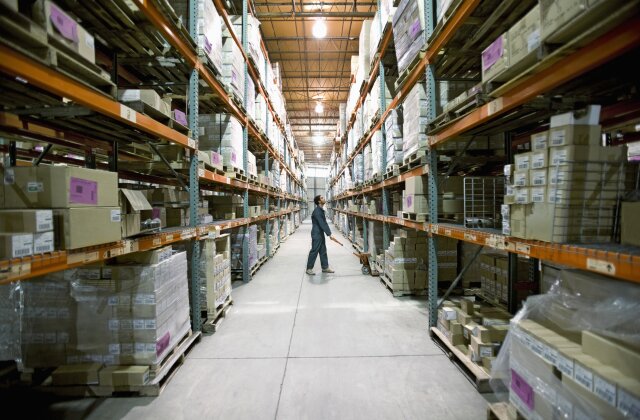US President Donald Trump’s hawkish trade policies have led senior officials in France, long the deal’s most vocal opponent, to portray the EU-Mercosur trade agreement in a slightly rosier light, Euractiv reports.
The scepticism in Paris stemmed from fears that a surge in imports of South American agricultural products from Mercosur countries – Argentina, Brazil, Paraguay and Uruguay – could pose a threat to the French farming sector.
Now that the European Union is embroiled in a trade conflict with the United States – the most important destination for French exports – the political calculus has changed. Senior French officials are reconsidering whether a deal with Mercosur could actually be a way to boost French food exports and capitalise on new markets.
The European Commission has been active in launching new free trade partnerships as Trump’s tariffs add to concerns about the risks of heavy reliance on trade with China. In addition to Mercosur, the EU recently concluded an agreement with Mexico and intends to conclude similar agreements with India, Indonesia and Thailand this year.
Winds of change
On paper, supporting the Mercosur agreement should be an easy task for Paris, as it would remove high tariffs on French cheese and wine, opening up a market of over 270 million people.
The agreed text makes the Paris agreement an “essential element” of a trade deal, something Brussels has been seeking for years.
But the deal will also allow for increased imports of cheaper beef, poultry and sugar – a key reason why the entire French political spectrum has taken an anti-Mercosur stance for years.
Bruno Bonnell, who runs the France 2030 investment plan in the French prime minister’s office, said the EU-Mercosur agreement “opens up export opportunities” in some agri-food sectors while being a “brake” on the development of others.
Sectors that could be affected by imports from South America “have one choice: to specialise,” Bonnell, a former French lawmaker from President Emmanuel Macron’s centrist Renaissance party, told Euractiv.
Bonnell said French farmers, Europe’s leading beef producers, should focus on “improving quality” rather than “continuing to produce cows – in direct competition with Brazilian cows – that have no advantages other than identity.”
In addition to the prime minister’s office, Macron’s cabinet at the Elysee Palace may also show signs of a shift. Chancellor-to-be Friedrich Merz said in a televised interview on Sunday that Macron may be leaning towards backing the agreement as part of the EU’s broader drive to find new trading partners.
“A whole new dynamic is emerging,” Merz said. Macron “sees a shift in the balance of power in the world and that we Europeans very quickly need partners in the world with whom we can conclude free trade agreements.”
Brussels and Paris are still feuding
Despite the changing global trade context, Paris’s official line has not yet changed much. France is calling for the draft agreement – which was politically finalised in December after 25 years of negotiations – to be revised to include stronger protections for EU farmers.
However, this is off the table in Brussels. On Monday, when asked about the possibility of renegotiating the agreement, Olof Gill, a spokesman for the Trade Commission, replied with an emphatic “no.”
Once the legal drafting is finalised and officially translated into the 24 official EU languages, the text should be presented to the Council and Parliament “before the end of the summer,” Gill added.
The office of French Agriculture Minister Annie Genevard said that “Paris position has not changed,” but noted that Genevard had discussed the issue with her Polish counterpart, who also opposed the deal in its current form, and planned to hold talks with representatives of Italy and Austria in the near future.
